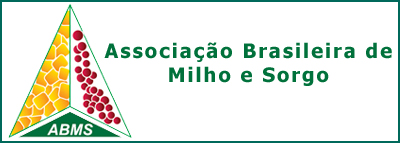MACHINE LEARNING FOR CROP SCIENCE: APPLICATIONS AND PERSPECTIVES IN MAIZE BREEDING
DOI:
https://doi.org/10.18512/rbms2022vol21e1257Resumo
Machine learning (ML) has been a major driver in complex data analysis in recent decades, allowing the mining of large databases. ML techniques allow the creation of computational models for prediction, pattern extraction and recognition, considering the premise that the computer acquires learning skills to perform a given task without being explicitly programmed for such a purpose. Driven by the efficiency of these techniques, several studies have demonstrated their wide range of applications and high potential for maize breeding. From the prediction of genetic values by omic data to applications of high-throughput phenotyping data, ML models have promoted advances in the species comprehension and assisted in the development of more effective tools for its breeding, driving expressive yield gains. In this context, this work presents the main contributions of ML in maize breeding, providing a broad view of the main studies and methodological perspectives in the area.
Downloads
Publicado
Como Citar
Edição
Seção
Licença
Autores que publicam nesta revista concordam com os seguintes termos:- Autores mantém os direitos autorais e concedem à revista o direito de primeira publicação, com o trabalho simultaneamente licenciado sob a Creative Commons Attribution License que permitindo o compartilhamento do trabalho com reconhecimento da autoria do trabalho e publicação inicial nesta revista.
- Autores têm autorização para assumir contratos adicionais separadamente, para distribuição não-exclusiva da versão do trabalho publicada nesta revista (ex.: publicar em repositório institucional ou como capítulo de livro), com reconhecimento de autoria e publicação inicial nesta revista.
- Autores têm permissão e são estimulados a publicar e distribuir seu trabalho online (ex.: em repositórios institucionais ou na sua página pessoal) a qualquer ponto antes ou durante o processo editorial, já que isso pode gerar alterações produtivas, bem como aumentar o impacto e a citação do trabalho publicado



